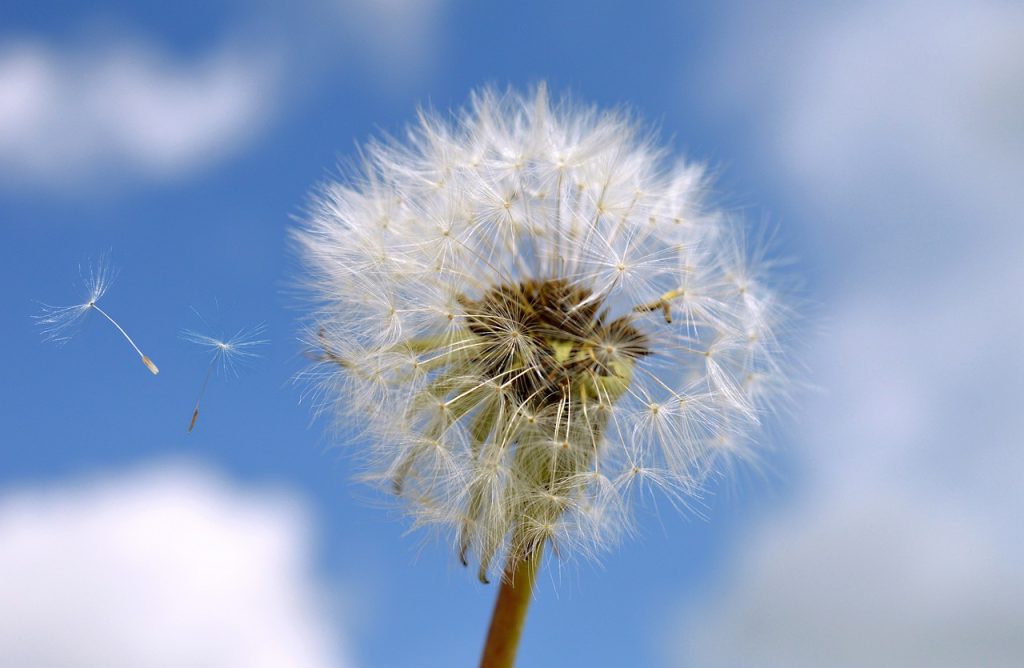Allergies can make life miserable. From itchy eyes and runny noses to wheezing and fatigue, they disrupt your daily routine and leave you feeling drained. While conventional medicine offers allergy relief, some people seek a more holistic approach. Traditional Chinese Medicine (TCM) can be a powerful tool for managing allergies and promoting overall well-being.
TCM: A Different Lens on Allergies
- TCM views allergies as imbalances in the body’s energy flow, or “Qi.” These imbalances can be caused by various factors, including:
- External factors: Exposure to allergens like pollen, dust, or mold.
- Internal factors: Poor digestion, overactive immune system, or emotional stress.
- TCM practitioners take a comprehensive approach to diagnose your allergies. This may involve:
- Asking about your symptoms: They’ll inquire about the frequency, severity, and triggers of your allergies.
- Observing your tongue and eyes: TCM practitioners believe these can reveal underlying imbalances.
- Feeling your pulse: Pulse diagnosis is used to assess the flow of Qi throughout your body.
TCM Treatments for Allergies
Based on the diagnosis, a TCM practitioner might recommend a combination of the following:
- Acupuncture: Fine needles inserted at specific points can help regulate Qi flow, reduce inflammation, and boost the immune system.
- Chinese Herbs: Herbal formulas are customized to address your specific needs. These herbs may help reduce allergic reactions, strengthen your digestion, and support your immune system.
- Dietary Therapy: TCM emphasizes dietary adjustments to address imbalances. You might be advised to avoid certain foods that exacerbate allergies and focus on those that nourish your body.
- Lifestyle Practices: Stress reduction techniques like meditation or tai chi can be helpful. Getting enough sleep and regular exercise are also crucial for overall health and allergy management.
Acupressure for Allergy Relief
While you should consult a qualified TCM practitioner for a personalized plan, here are some acupressure points you can try at home to relieve allergy symptoms:
- Large Intestine 20 (LI20): Also known as “Welcome Fragrance,” this point is located on either side of your nose, at the outer edge of the nostrils. Apply gentle pressure for 2-3 minutes with your index fingers to help open nasal passages and ease congestion.
- Lung 7 (LU7): Find this point on the inner wrist, about an inch above the crease. Apply gentle pressure for 2-3 minutes with your index and middle fingers to help alleviate coughing and wheezing.
- Stomach 36 (ST36): Located below your knee, on the outer side of your shinbone. ST36 is a general point for boosting the immune system and overall well-being. Apply firm pressure for 2-3 minutes with your thumb or knuckles.
The Benefits of Chinese Medicine for Allergies
While more research is needed, studies suggest that TCM can be effective in managing allergies. Here are some potential benefits:
- Reduced allergy symptoms: Chinese medicine may help alleviate symptoms like sneezing, itching, and congestion.
- Improved immune function: Chinese medicine treatments helps to decrease the harmonize the immune system so it doesn’t go into overaction. It may strengthen your body’s natural defenses against allergies.
- Holistic approach: Chinese medicine addresses the root cause of allergies, not just the symptoms.
- Fewer side effects: Many people find Chinese medicine treatments to have minimal side effects compared to conventional medications.
Finding the Right Approach
If you’re considering Acupuncture and herbal medicine for allergies, it’s important to consult a qualified practitioner with experience treating allergies. Chinese medicine can be a valuable complement to conventional allergy treatment, but it shouldn’t replace it, especially for severe cases.
Remember: TCM is a journey, not a quick fix. Be patient and consistent with your treatment plan. By working with a qualified practitioner, you might find TCM helps you breathe easier and manage your allergies more effectively.
Image by Frauke Riether from Pixabay
